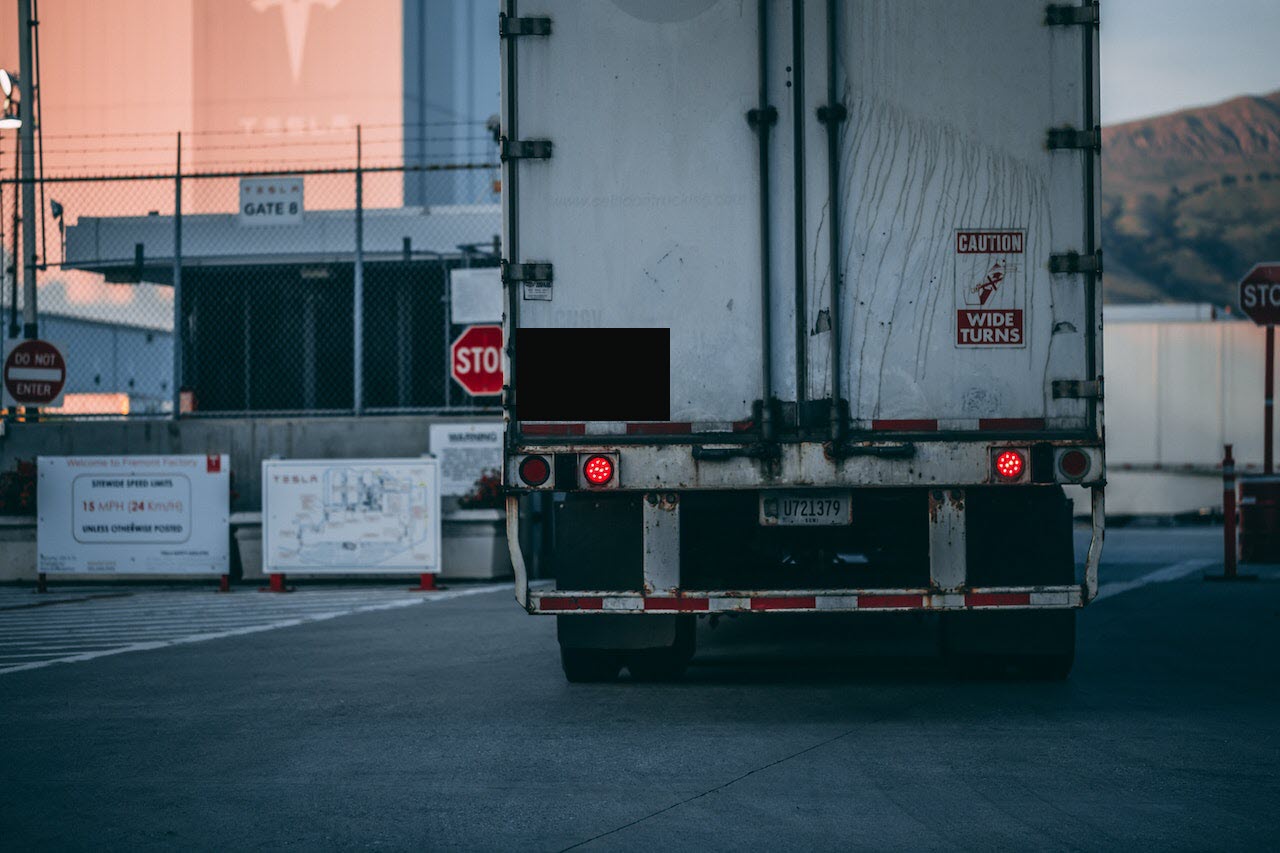Recently I had a discussion with a shipper about their Standard Operating Procedure (SOP) for loading their frozen products into trailers.
For this shipper, trailers are preloaded and sealed by the shipper (typically called Shipper Load and Count – or SLC for short). SLC means that the carrier/broker/driver does not handle or see the freight. The shipper is responsible for loading, setting trailer temp, ensuring timeliness, and staging trailers in the yard for pick-up.
The shipper I was talking to has an industry-standard notification SOP including the temp required, utilization of food-grade trailers, and making sure equipment is clean of all debris and odors. During this conversation, they also asked a few questions about SLC, claims, and damaged products. I responded that typically the risk of a claim appears if the SLC dock staff are not specifically trained fully for loading a refrigerated trailer, or do not follow the company's SOP.
Let's use a theoretical scenario for a shipper similar to the one I was chatting with and talk more about what could happen to SLC shippers with claims if proper SOPs aren’t in place or being followed.
The Scenario
A driver picks up a load from our shipper on a humid day (on time) and delivers on time. Still, problems arise at the receiver. The dock staff say that the shipment (let’s say it’s a shipment of frozen waffles – because I’m writing on Sunday morning) is damaged. The temp on the trailer reads fine, yet somehow the product temp has been compromised. The receiver is considering not accepting the shipment even though the continuous temperatures provided by the carrier show that the temp was maintained.
The system is monitored online and shows that nothing unusual occurred during transportation. The load was secured by the shipper (SLC) using a new staff member, and the driver did not report nor did the receiver see any signs of shifting. There is no obvious evidence to say how the load ended up damaged in transit. Still, the resulting damages results with product that cannot be sold, they’re considering filing a claim against the carrier.
So, what happened?
The Breakdown
Using the details provided, we can provide what we believe could have taken place with this shipment. It is likely a combination of;
- The reefer was loaded while it was running.
- The time it took to load the trailer was unusually slow.
It was reported on the morning of loading that the shipper did have a new staff member working. It was also noted that it was a particularly humid day this shipment was loaded.
This information is well recorded being a food-grade shipper. The new staff member for reasons unknown probably left the refer running while it was being loaded. Perhaps they were not aware of the shipper’s SOP or they thought this would help make sure the trailer temp didn’t fluctuate, or thought it would help keep the trailer cooler while loading. This is likely the first challenge that caused damage to the product.
First, running the reefer while trailer doors are open is particularly hard on the equipment. Reefers are located at the deepest part of the trailer (closest to the truck cab), and when running, circulate air within the trailer. With the doors open, circulating air means drawing outside air hot and humid into the trailer. The hot air can potentially compromise the integrity of the product especially if our new team members took considerably longer to load the shipment. Since the shipper reported the day was abnormally hot and humid, we can assume longer loading contributed to the product being subjected to more heat with a running reefer drawing more heat into the trailer. The running reefer then had time to circulate enough hot and damp air into the trailer to cause condensation and freezing on the product packaging while the shipment was in transit.
The result in this case is a damaged product, even though not every shipment loaded the exact same way will experience the same damages. Further, most shipments are loaded in less than 1 hour with experienced staff. Still, a single truckload can be highly valuable, and anything that can be done to prevent damaged products is worthwhile. Shippers should ensure all team members should follow the SOP in place to prevent damages like the above scenario.
SLC and Claims Conclusion
Shippers using SLC and preloaded trailers take full liability under section 7-301 of the Transportation Act (see here). In the above scenario, the shipper loaded and hence takes full liability for any OS&D, proper temp setting, falls, and other damages in this category. In our experience with Wellington Group of Companies, food shippers we work with using SLC in their SOP do shut down the reefers while loading, it is always great to review and enforce SOPs with your shipping team on an ongoing basis. It's better if everyone is a refrigerated shipping expert!
Do you have specialized SOP’s for loading specific products or using specific equipment? Brokers/Carriers – do you find shippers have SOP's in place and are aware of good loading procedures for refrigerated freight?
Have a great week, and as usual, always interested in your comments.

